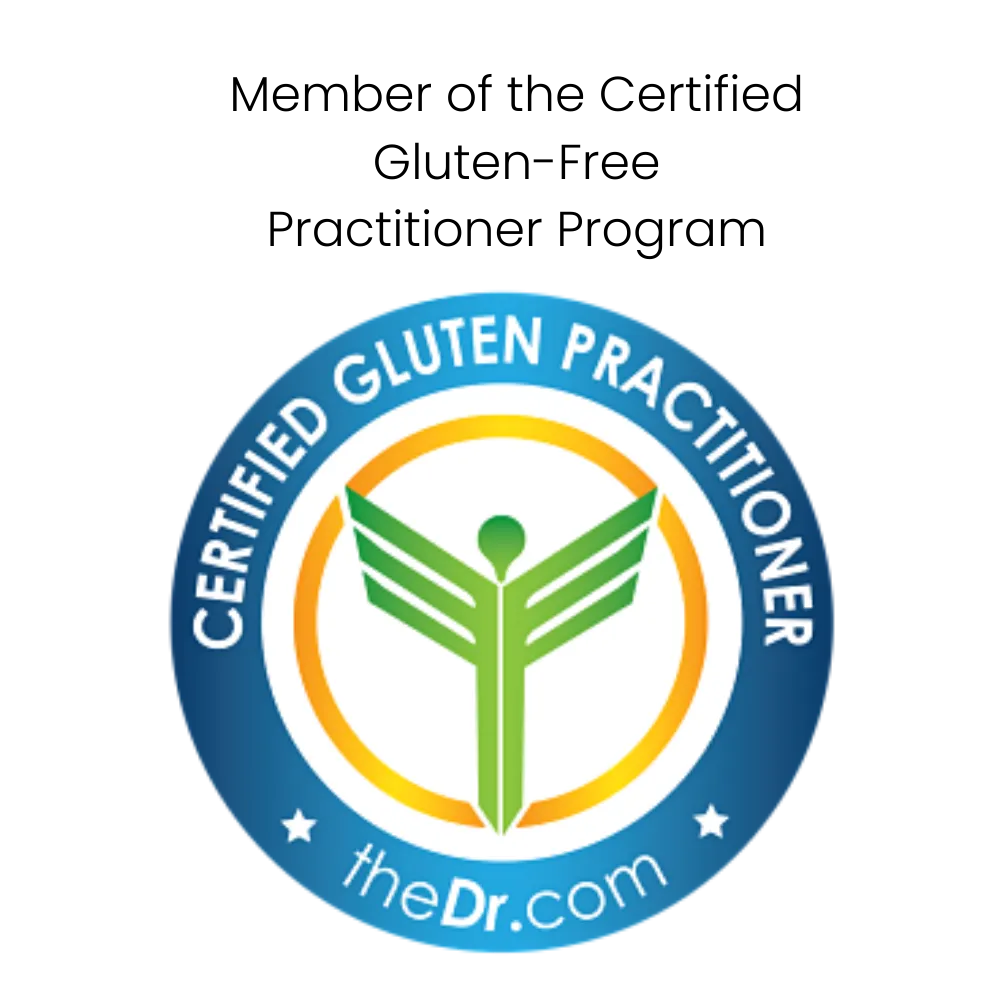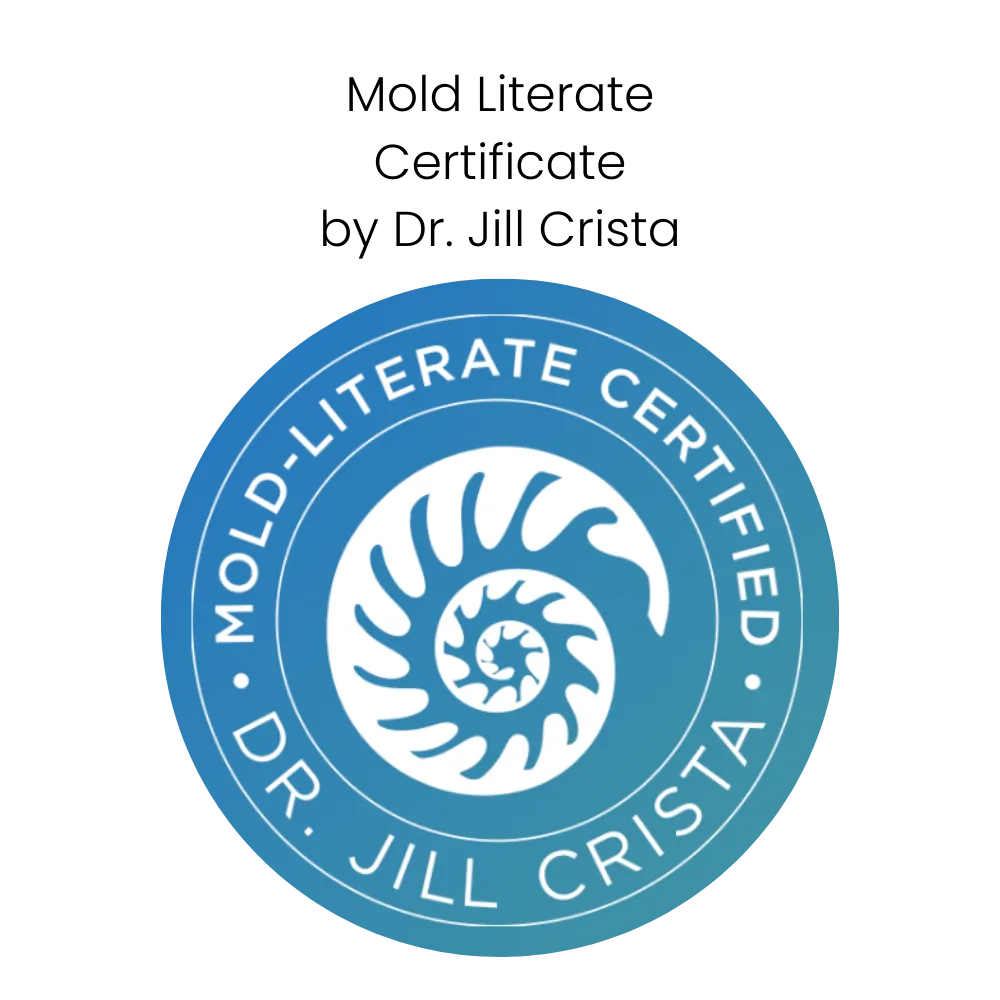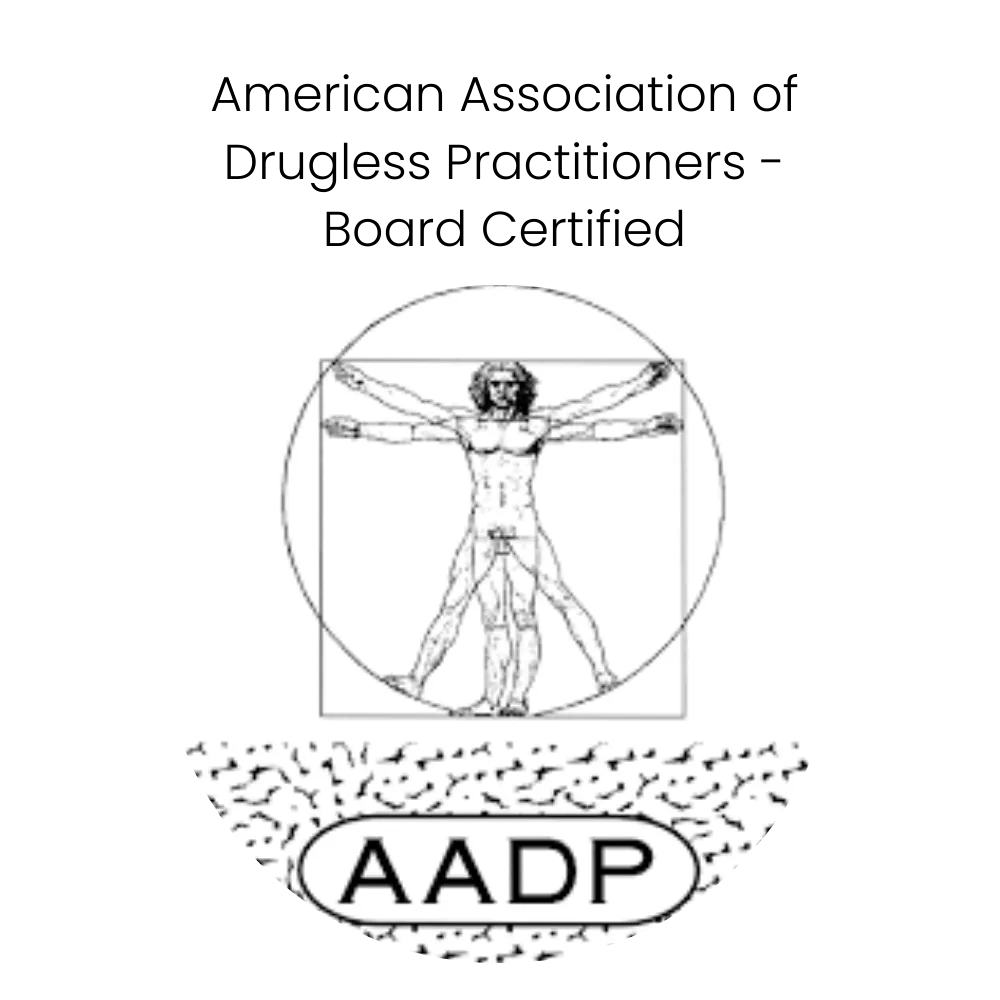
Reclaim Your Energy
Beat Mold Illness,
Brain Fog, and Bloating for Good!
American Association of Drugless Practitioners -
Board Certified
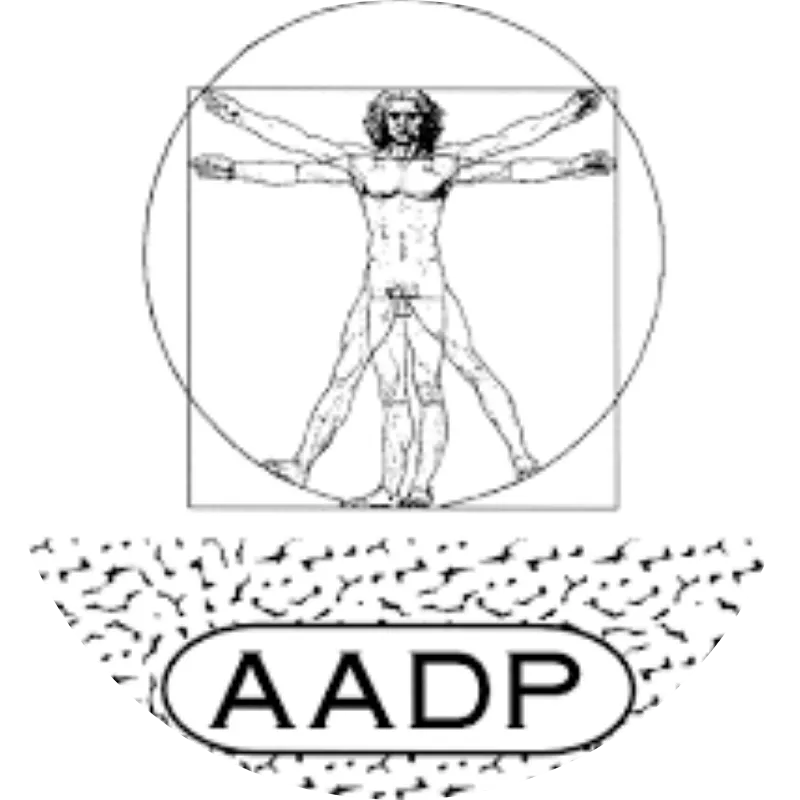
Member of the Certified
Gluten-Free
Practitioner Program
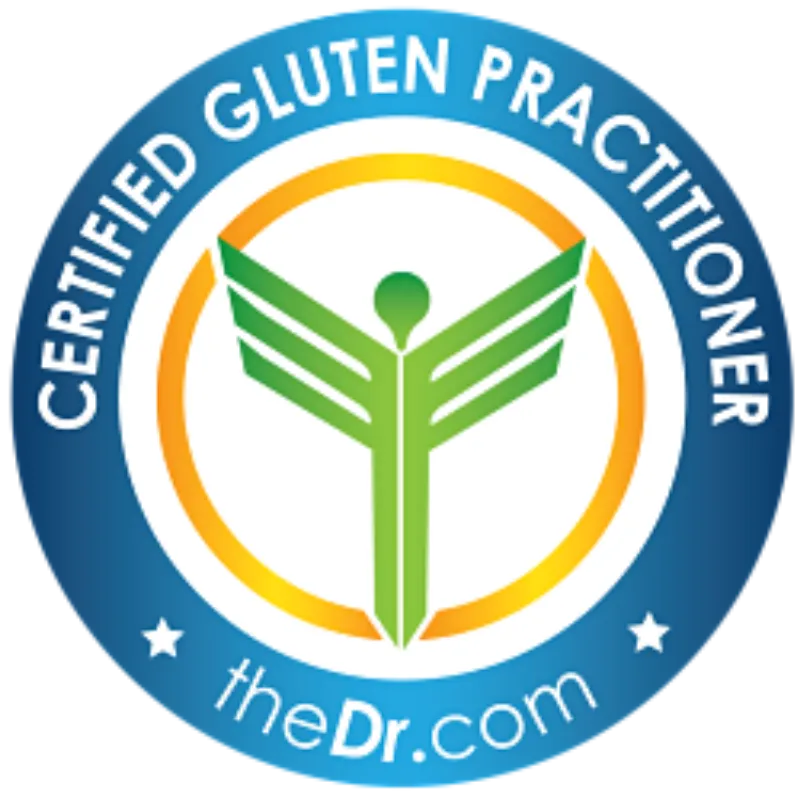
Board Certified Health Coach by the American Association of Natural Wellness Coaches

Member of the Association of Functional Diagnostic Nutrition Professionals

Mold Literate
Certificate
by Dr. Jill Crista
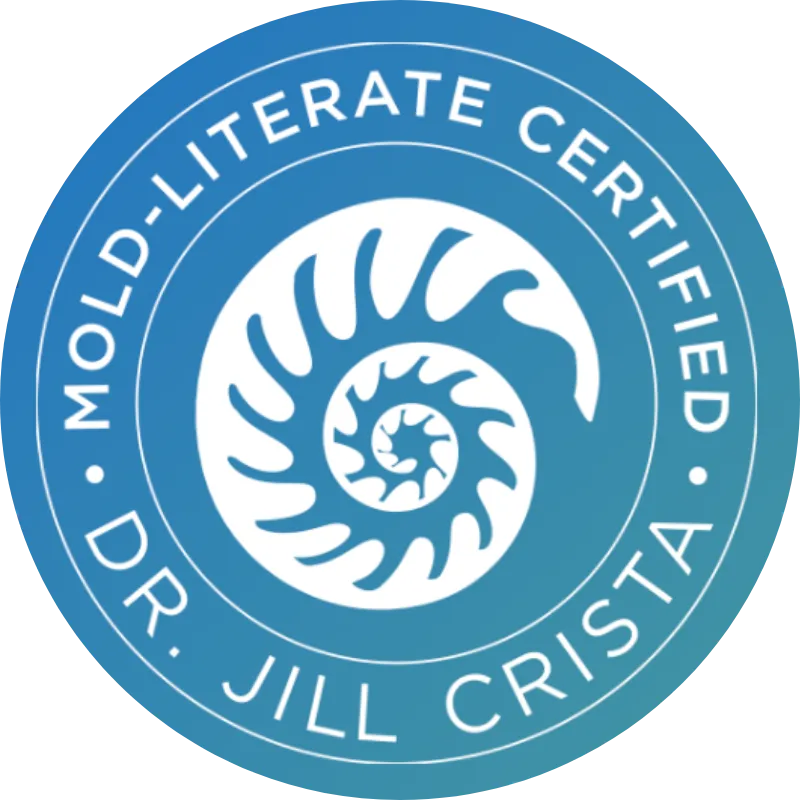
free download
TRAPPED IN A MOLDY ENVIRONMENT?
Get Your FREE Essential Guide to Thriving Despite Mold Exposure!

Mold: The ever-present intruder
Lurking in every corner, waiting to thrive
Complete eradication seems impossible?
The true victory lies in prevention1
Ready to take control of your home's environment
Keep mold at bay with our expert tips
Grab the eBook for free now
Specific tools you need right now
Helpful tools for life after mold, too
How to breath cleaner air NOW
Includes Mold Kit information so you can test your home yourself
Protect yourself from inhaling mycotoxins!
free download
Want Optimal Digestion?
Get Your FREE Ultimate Digestive Health Guide!

Struggling with gut issues?
Gut problems affecting your relationship with food and life enjoyment?
Unlock the Secret to Optimal Digestive Health
Learn how to address :
Bloating
Leaky Gut
Gastritis
Burping
Nausea
Stomach Pain
Weight Management
Food Sensitivities
Digestive Irregularities (Constipation or Diarrhea)
Transform your digestive health for a happier life!

Transform Your Life!
Hi there, I'm Paulina,
and I work with clients from all over the world!
I am especially passionate about helping exhausted moms and their families struggling with health issues, reclaim their energy for a thriving and balanced life through my holistic wellness program.
My unique 1:1 consultation and coaching process allows my clients to break free from chronic illness, reverse conditions/symptoms, through cutting-edge functional lab testing, personalized nutrition guidance and health education, in order to create a balanced and sustainable lifestyle that promotes longevity and vitality.
Start your journey to health with our at-home starter kit test. This test can help determine if you have an autoimmune disease, food sensitivity, leaky gut and much more!
New clients SAVE 10%! Purchase your starter test kit here for $370 and this includes a 30-minute consultation with me!

TESTIMONIAL from jessica gandara
“....I had lots of yeast, parasites, and inflammation and no wonder I wasn’t sleeping well. But only after two months of working with Paulina, I’ve had just unimaginable results. I lost 10 pounds in the process, which I wasn’t planning on losing, but that was fantastic, and I just feel super re-energized, and I honestly feel reborn.
So thank you, Paulina, from the bottom of my heart for changing my life and opening my eyes to new ways of doing things, new foods, and new ways of eating.If you’re contemplating whether to reach out to Paulina or not, don’t waste another second. Do it now. You’re going to see results immediately. I started seeing results within two weeks. So do it now.”
Conditions I Work With:
Symptoms and conditions aren’t the problem. They are the result of the problem. Because I look for the underlying causes of dysfunction and am not addressing or treating the condition itself, I can work with most conditions.
I ask WHY you have symptoms/conditions in the first place, go upstream for answers, and help you understand the mechanisms behind these issues as I guide you on your journey to restoring optimal health.
Below is a list of conditions I have addressed successfully with past clients:
Mold Illness:
Fatigue, brain fog, depression, allergies, sinus issues, joint pain, etc.
Autoimmune Conditions:
Crohn’s, MS, Lupus, Hashimoto’s, Rheumatoid Arthritis, etc.
Hormone Conditions:
PCOS, diabetes
Gut-Related Disorders:
IBS, bloating, constipation, diarrhea, stomach pain, food sensitivities, Candida, parasites, H.Pylori, liver & gall bladder dysfunction, bad breath, etc.
Skin Conditions:
eczema, psoriasis, acne, cystic acne, skin rashes
Diabetes & Insulin Resistance
TESTIMONIAL from julia k.
“…I was struggling with digestive problems for over 10 years. I was also told I had asthma, and was on steroids and on different medications. Before I started working with Paulina, I had a non-stop cough for 3 straight months, and just after 10 days of working with Paulina, my cough was gone, which impressed me. I started feeling better every single day, but emotionally, this was very, very, very hard. And what I really like about Paulina is that she walked me through the protocol, and she walked me through it mentally, too. She was there for me 24/7 - Saturday nights, Sunday mornings, etc. I will be using what I learned for the rest of my life. I am really thankful for her. I am impressed at how knowledgeable she is. I highly, highly recommend you reach out to her. Good luck!”

BOOK A FREE CALL
I'd love to hear from you!
Please click the button below and I will get in touch.
I want to be your last stop in the pursuit of optimal health and overall well-being.
I promise to consider every aspect of your health journey and uncover the root causes of your concerns.
By combining data from lab tests with a comprehensive program, we can achieve a beautiful balance within your body.
Subscribe Now to Get Our Newsletter!
Sign up to hear from us about specials, sales, and events.


